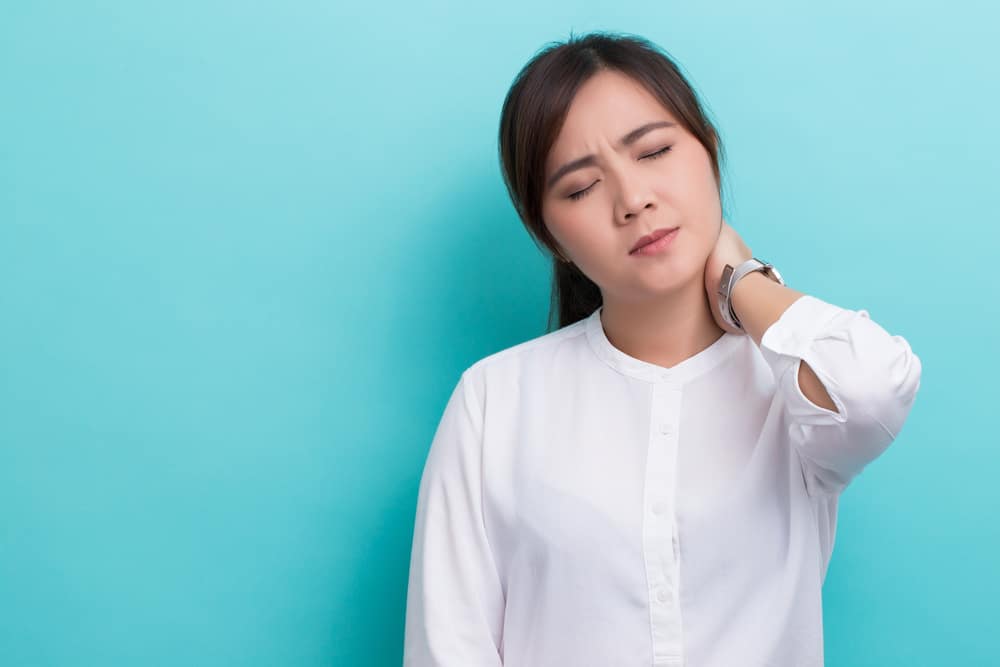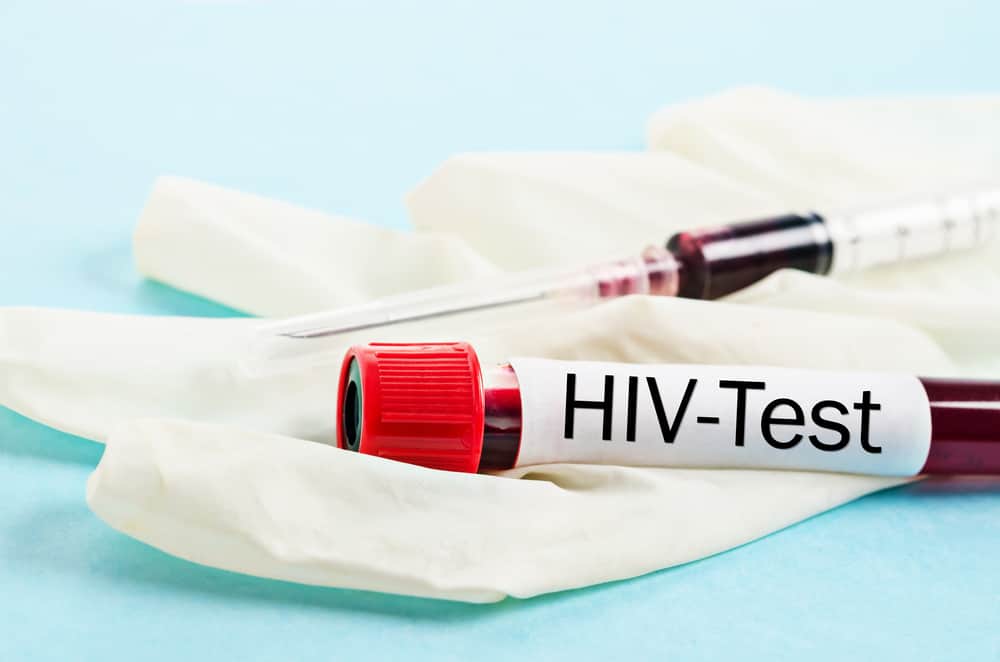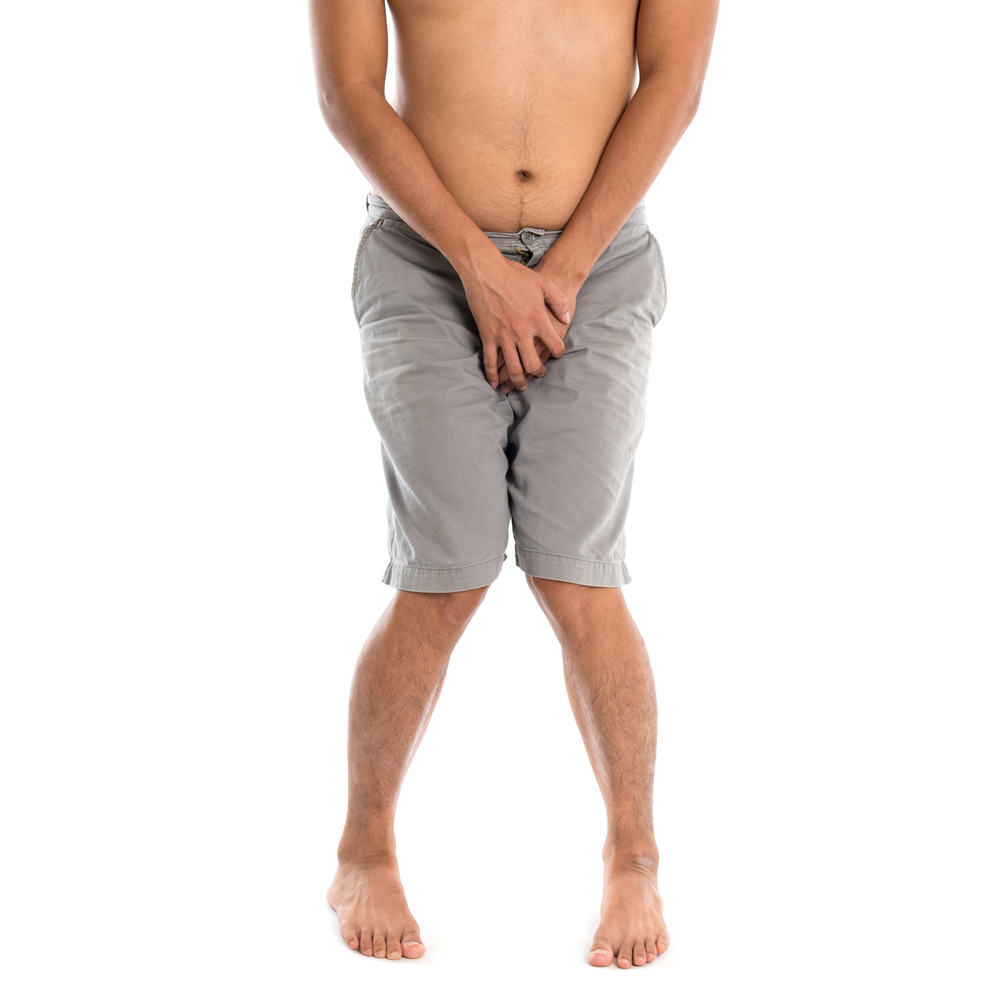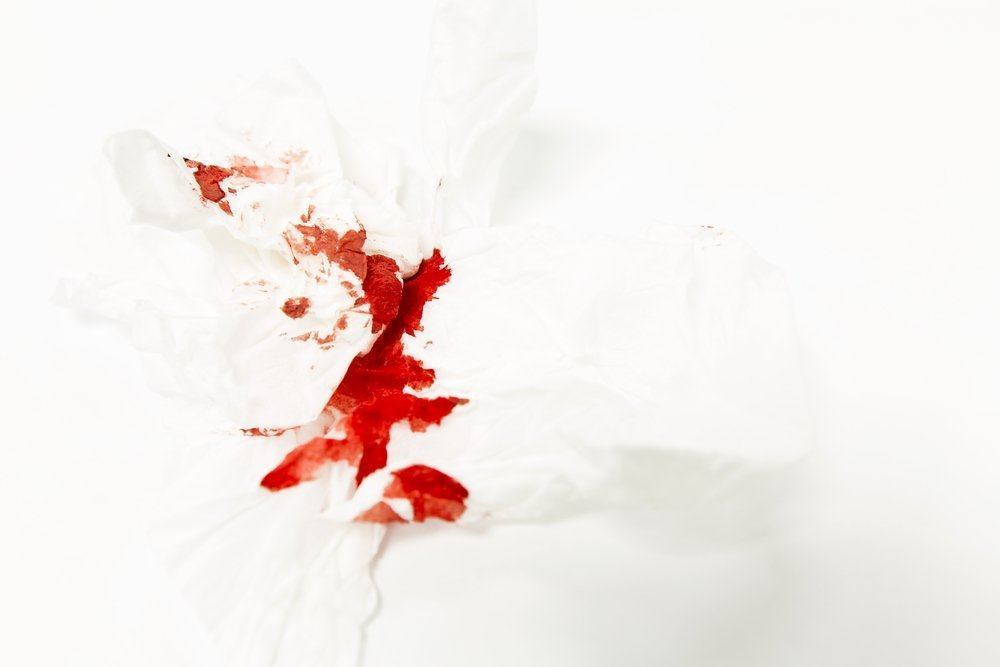Contents:
- Medical Video: Neck Mass: Swollen Lymph Node
- Where is the location of swollen lymph nodes that often occur?
- What causes lymph node swelling?
- 1. Virus or bacterial infection
- 2. Autoimmune disease
- 3. Cancer
- 3. Other causes
- When should adenopathy be examined by a doctor?
- How do you know what causes glandular swelling in your body?
- How to treat adenopathy?
Medical Video: Neck Mass: Swollen Lymph Node
The appearance of a pea-sized lump in the area around the neck or elsewhere around the body, can be a sign that your body has an infection or other diseases. This condition is called swollen lymph nodes, also known as adenopathy. What are the causes and how and treatment? Consider the following review.
Where is the location of swollen lymph nodes that often occur?
Lymph nodes are part of the immune system that helps the body get rid of viruses or bacteria, while providing white blood cells to fight the virus or bacteria. Swelling usually occurs if there are infections or other diseases that attack nearby tissues.
Swollen lymph nodes can occur in the back, neck, armpit, under the jaw, and behind the ear. When swelling occurs, a pea-sized lump appears under the skin and is red, painful, and warm when pressed or touched. In addition, other symptoms that may occur are runny nose, sore throat, earache, fever, and fatigue.
What causes lymph node swelling?
1. Virus or bacterial infection
Most cases of adenopathy are caused by viral infections or bacterial infections. Often, swelling occurs near the infected part of the body. For example, swelling that occurs around the neck is usually caused by a throat infection.
Other diseases due to viral, bacterial and fungal infections that can cause adenopathy are as follows:
- Chicken pox
- Measles
- HIV
- Herpes
- Flu
- Adenovirus
- Sore throat
- Tonsillitis
- Ear infections
- Lyme disease
- TB disease
- Chlamydia
- Syphilis
2. Autoimmune disease
Swollen lymph nodes can also occur due to autoimmune diseases due to the body's immune system mistakenly attacking healthy tissue, such as:
- Rheumatoid arthritis
- Lupus
- Sarcodiosis
3. Cancer
Sometimes cancer can also be a cause of swollen lymph nodes. For example, lymphoma and some types of leukemia. When metastatic cancer or spread, sometimes there is also swollen glands.
For example, when breast cancer spreads to the lymph nodes, adenopathy will appear in the armpit (axilla), or when lung cancer spreads to the lymph nodes, there will be adenopathy around the collarbone.
3. Other causes
Another thing that can also cause swollen lymph nodes is injury, or the use of certain drugs such as dilantin (malaria prevention medicine).
When should adenopathy be examined by a doctor?
In some cases, adenopathy can be a serious condition. Immediately consult a doctor if in addition to experiencing swollen glands, you also experience the following symptoms:
- Lumps don't go away even for weeks
- Breathless
- Sweating at night
- Weight loss
- Weakness or loss of feeling around swelling
How do you know what causes glandular swelling in your body?
Adenopathy that appears to be a sign that something is wrong with your body, or maybe just a mild infection. However, it can also be a symptom of some of the underlying diseases. To be sure, the doctor will check for adenopathy that appears on your body and other natural symptoms. Then, you might need to do several tests such as:
- Blood test. This is done to ensure the doctor's suspicion of the underlying disease.
- Scan / scan. This is done to find the source of infection or look for possible tumors.
- Biopsy. This is done if the doctor suspects the swelling is a tumor or cancer.
How to treat adenopathy?
The treatment must be in accordance with the underlying cause, after performing several medical tests and also a doctor's diagnosis. Because, there is no specific treatment that is only for treating adenopathy. However, reported from Health Line, you can overcome adenopathy in the following ways:
- Compress warm water. Soak the towel in warm water, squeeze until the water does not drip. Then, compress in the area of swelling.
- Use cool pack. When warm water compresses do not relieve inflammation and can sometimes irritate the skin, you can replace it with cool packaka cold compress.
- Break. Most diseases will recover if you rest your body for a moment from activities.
- Use painkillers. Free drugs such as ibuprofen, naproxen, or acetaminophen can reduce your discomfort.
- Use antibiotics. For adenopathy caused by bacteria or fungi, you can use antibiotics to kill bacteria and fungi.












